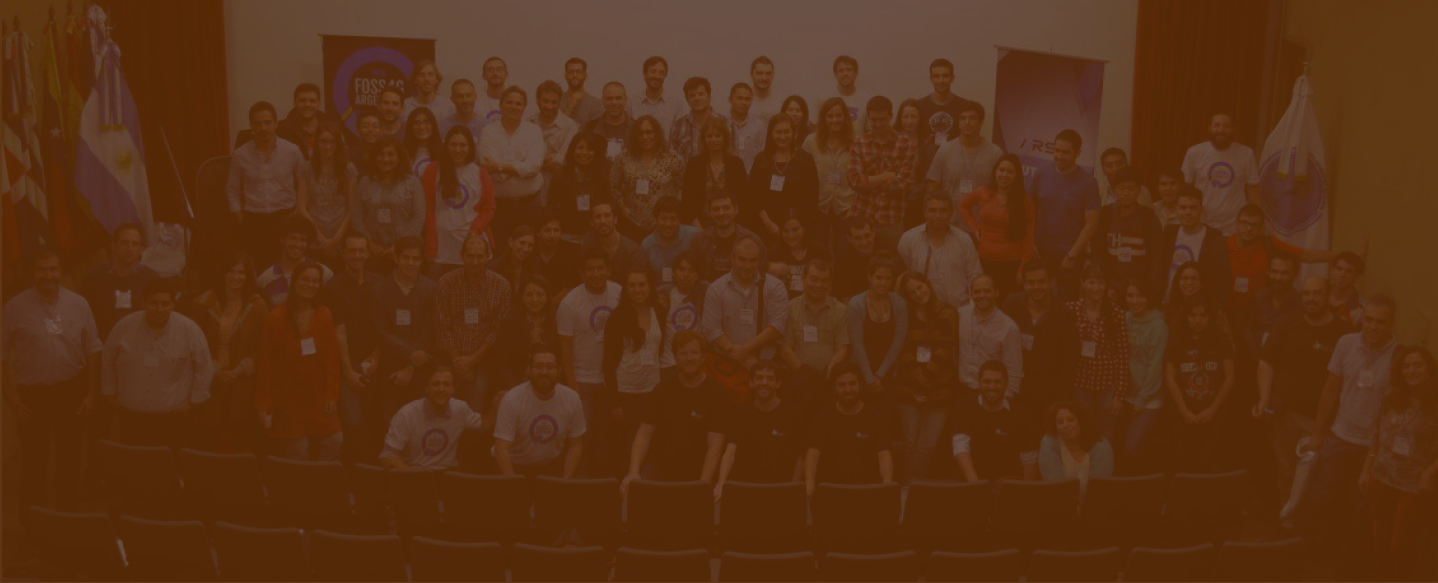2021-10-01, 10:00–10:30, Academic
During the remote learning necessitated by the COVID-19 pandemic, university GIS students did not always have home access to the kinds of software and hardware that they would ordinarily get in their on-campus lab facilities. In this situation, the free and cross-platform nature of FOSS opened the door for some students to continue their GIS education uninterrupted. I describe how one university allowed students to choose FOSS such as QGIS, PostGIS, and GeoDa as alternatives to proprietary software in upper-division GIS coursework. These were used to teach techniques such as point pattern analysis, visibility analysis, hydrological modeling, proximity surfaces, LISA analysis, process modeling, open data access, and data summation. I share specific software tools, commands, and plugins used to apply these techniques in lab assignments. I discuss how these approaches can form a lasting part of the GIS curriculum beyond the pandemic, and how students can position these FOSS skills as they prepare for the GIS job market.
The GIS teaching lab at Central Washington University (CWU) in Ellensburg, Washington, USA consists of thirty 64-bit Windows machines with Intel i5-6500 CPUs and 16 GB of RAM, from which Esri ArcGIS Pro software has traditionally been the primary tool of instruction. Beginning in April 2020 with only a few weeks of warning, all the university’s courses moved online in response to the global outbreak of COVID-19. Suddenly, students were attempting to complete the GIS coursework from home on Macs, 32-bit Windows, and 64-bit Windows, with widely varying amounts of memory and processing power. This presentation describes how faculty, staff, and graduate assistants worked together to produce alternative instruction materials using FOSS, thereby allowing students to continue their degree programs. Specific tools, plugins, and commands useful for teaching GIS concepts are shared.
Sterling Quinn
Assistant Professor and GIS Program Director in the Department of Geography at Central Washington University. His research interests include crowdsourced data, FOSS adoption, critical cartography, and Latin America. He teaches courses on GIS, South America, and resource management.
Academic
Topic –Academic
Level –2 - Basic. General basic knowledge is required.
Language of the Presentation –English

